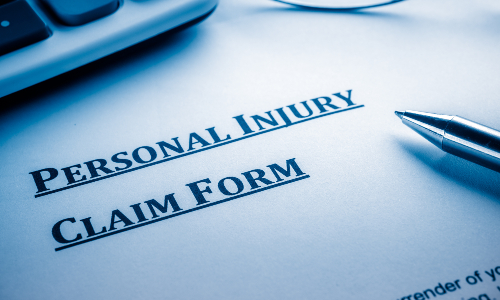Core Changes to Massachusetts Marijuana Regulations
Marijuana legalization is a significant point of controversy in politics today. Increasingly, states are beginning to make marijuana possession and use legally under certain situations. Like other places around the country, Massachusetts is fleshing out its regulations for legal marijuana sales; lawmakers recently made significant changes to marijuana regulations.
No Recreational or Social Use of Marijuana
One of the most significant changes is that people cannot use marijuana in social venues. Some states, including Oregon and Colorado, have cannabis cafes and other social establishments where people can use marijuana together. Massachusetts lawmakers are banning social marijuana use with the new regulations.
Initially, the Cannabis Control Commission (CCC) planned to allow establishments to let patrons buy or use marijuana if the establishments had primary or mixed-use licenses. A primary license would be for businesses that get more than half their profits from selling marijuana. A mixed-use license would be for businesses that would allow people to purchase marijuana in their establishments, as well as use it. Marijuana would account for less than half the profits for businesses with mixed-use licenses.
Many people supported the idea of allowing social consumption in licensed establishments because it would provide people with a legal place to consume marijuana. Some landlords and property owners do not allow marijuana on their premises, so licensed establishments would be an outlet for those who want to use marijuana products. People who oppose the practice argued that the CCC should start small.
The commission sided with those in opposition to licensed businesses selling and allowing marijuana use. It also opted out of marijuana delivery. Though the CCC supported the home delivery concept in December, it decided to hold off on marijuana delivery and revisit the topic in July.
Marijuana Dispensaries Need to Prioritize Medical Marijuana Users
Since 2015, medical marijuana has been legal in Massachusetts. Some patients are worried they will not be able to get marijuana products once recreational sales are available because recreational marijuana users will buy all the products. To prevent those who need marijuana for medical reasons from losing access, the CCC is requiring dispensaries to set aside at least 35% of their marijuana products for medical use. People registered to use marijuana for medical conditions will be able to skip the line of recreational marijuana users.
Size of Cultivation Areas Limited to 100,000 Square Feet
Previously, the CCC decided those looking to grow marijuana could cultivate an area as large as they want if they get a license and pay for all the land they are using. After complaints from the public, the CCC added a limit of 100,000 square feet to land for marijuana cultivation. People harbored concerns that large marijuana cultivation may lead people to divert products outside of Massachusetts, sell them illegally on the black market, or cause marijuana growth and sales to take over the market.
The CCC added tiers to the system that serve to categorize growers and give them limits. If, after a year, the grower sells less than 70% of his or her marijuana, he or she would go to a lower tier and need to cultivate a smaller area.
Drug Traffickers Prohibited From Marijuana Industry
Experts have expressed concerns that allowing previous hard drug traffickers who have served their time to become involved in the marijuana industry may cause federal forces to monitor the field, raising the chances of federal action. Though others argued it was not fair to punish someone for something he or she already paid for with imprisonment or fines, the CCC eventually decided to prohibit those convicted of drug trafficking from involvement in the marijuana industry. A small exception exists allowing convicted drug traffickers to work in a marijuana business if they have no access to or contact with the marijuana products.
For more information, call our law office at (617)-391-9001. Or if you would prefer to email us, then please visit our contact page.





